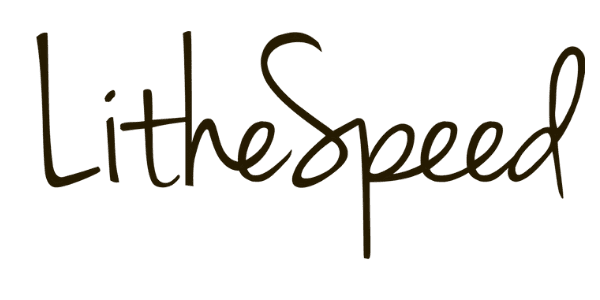
In this episode of the AgileToolKit Podcast, Bob Payne sits down with Ward Cunningham, creator of the first wiki, during the 10th anniversary of the Agile Manifesto. In true AgileToolKit fashion, Bob speaks with Ward about everything from the birth of the Agile movement to the future of the Internet, including the innovative programmer’s Smallest Federated Wiki project.
We recommend listening to the full conversation, here are some highlights in the meantime:
On the original Agile Manifesto team: “It was actually kind of a happy accident that such a lasting document was produced, but maybe it wasn’t completely an accident in the sense that the people just happened to be the right people and they were all different enough to bring perspective, but they were all aligned enough to be seeing the same goal.”
On the Manifesto’s language: “The fact that it is open to interpretation, the value of that was brought home to me when we tried to translate it, and we asked communities around the world [to collaborate on it]. We said, ‘If you want to do a translation, don’t do it alone. Find the agile community that speaks your language and do it together so that you can come to some consensus on what the right words are, because it’s just not easy.'”
On the Smallest Federated Wiki: “There are a couple things I like to do in a wiki using 21st century components—or at least 2011 components, and that is make it easier to put a rich variety of data types in there. In my original one, I had text and I had images. You know people have added tables and stuff like that but it’s really a textual format, and that makes it at least possibe to co-create and to improve on other peoples’ work. But I see, especially in this open data area, there’s a lot of interest in having very simple formats.
“So what I did was I said, ‘Well let’s just make JSON a wiki markup,’ although you don’t actually write it, you have a drag-and-drop interface that manages a JSON description, and when you edit it you edit kind of at the paragraph level but a paragraph might be an image, it might be data, it might be a variety of data. In fact, the thing that I was trying to visualize yesterday was data that’s geographic.”
“What I think would be interesting is seeing who tends to share data with who, and then that will make a structure of the environment will emerge just from people sharing. We’ll probably have to have hundreds of sites before that really happens, but if that happens then we’ll have thousands and tens of thousands.”
On coding: “My style is to keep it simple so that I can be wrong and correct it. It’s easier to refactor small code than big code.”
On the future of usabilitiy: “I’m ready to see forms reinvented. Let’s figure out how to have computers without forms. If you think about it, a form is just another form of interrogation… I think talking to a computer should be more like a conversation than an interrogation… It’ll be a little harder to program but not much harder.
“I think what wiki shows is that even if you have something as simple as a place you can write semi-structured text and have it show up on the screen, that people can kind of can get to know each other through that. You can form friendships, and trust, and do work together, so I know the computer interface isnt the limiting factor. It’s really more having an understanding of the kinds of things people want to do and supporting it well instead of just doing the cheesiest thing you can get away with, which is usually just have somebody enter the database fields and press ‘Save’.”
On the evolution of Agile: “Agile is the accepted methodology, and people are ready to find the next variation of it, to master its intricacies and respond to the computing opportunities that are out in front of us and however we need to organize to do that. I’m glad to be apart of it.”
Again, you can access the full conversation here: AgileToolKit Podcast Interview with Wiki Founder Ward Cunningham.
